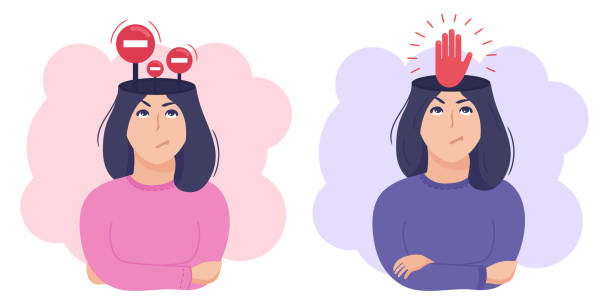News & Research on Psychology | ShareYrHeart
A lack of self control during adolescence is not uniquely human
Published
3 years agoon
Summary: Risk-taking and a lack of self-control in adolescence is a phase of personal development that is essential for shaping the adult brain in humans and other animals.
Source: Trends in Neurosciences.
Impulsiveness in adolescence isn’t just a phase, it’s completely biology. And in spite of all the social factors that define our teen years, the human brain and the brains of other primates go through very identical changes, specially in the areas that affect self-control.

Structural, functional, and neurophysiological comparisons between us and macaque monkeys reports that this difficulty in restricting reactive responses is similar in our primate counterparts–who during puberty, also exhibit limitations in tests where they have to restrict a reactive response.
Risk taking and having thrilling adventures during this period isn’t necessarily a bad thing. Understanding the principal neural mechanisms during this transitional period in our primate counterparts is important for informing us about this period of brain and cognitive maturation.
Human neurological development during this time is indicated by changes in structural anatomy–there is an active elimination of redundant and unused neural connections and an increase in build up of white matter tracts throughout the brain that will regulate the template for how the adult brain will operate. Specifically, by adolescence all basic aspects of brain organization are in place and during this time they undergo processing that will enable the most ideal way to operate to deal with the demands of their specific environment.
In particular, the growth of neural activity patterns that allow for the preparation of a response seems to be a key element of this phase of development–and important to establish self-control in an individual. Ultimately, the authors believe that this phase of development is essential for shaping the adult brain.
Published: Trends in Neurosciences.
Contact: Beatriz Luna, Departments of Psychiatry, Pediatrics, and Psychology, University of Pittsburgh.
Details: Image source IStock
Hi, I’m Aarti, My Psychoanalytical approach towards my clients is to empower them to better their lives through improving their relationship with themselves. I believe shame and guilt is a common barrier to change. I aim to guide my clients through re authoring their narratives where shame, guilt, and other problems have less power and take up less space.



